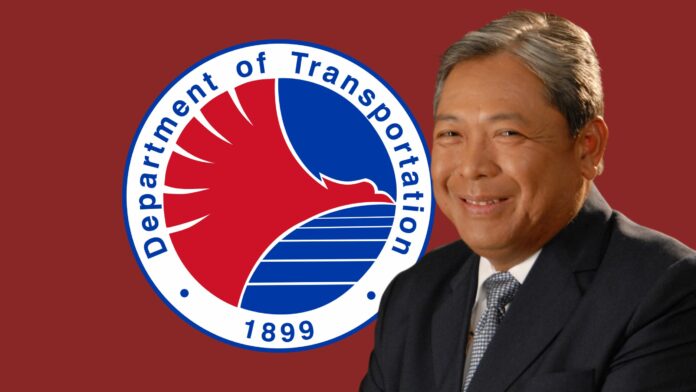The Department of Transportation is encouraging American business leaders to come and invest in the country’s big-ticket transport infrastructure projects.
This developed in San Francisco where Transportation Secretary Jaime J. Bautista said the agency’s multi-sectoral projects will “disturb” the status quo in the transport sector and the drive to improve the country’s connectivity and mobility.
“Our transport projects highlight the efforts of our government in pushing the infrastructure agenda of President Ferdinand Marcos Jr. who wants us to improve mobility and connectivity,” Bautista said.
Bautista is part of President Ferdinand Marcos Jr.’s delegation to the 30th APEC Meeting in San Francisco, California.
He said 11 transport projects with estimated cost of USD6.6 billion have recently been approved.
Bautista said of the 11 projects, eight are foreign-assisted while the rest are funded through public-private partnerships.
He also said at least 29 foreign-assisted contract packages form part of big-ticket infrastructure projects are planned for eventual execution.
Bautista cited the anticipated significant improvement in the country’s aviation sector with the privatization of the Ninoy Aquino International Airport (NAIA), construction of the New Manila International Airport and modernization of 11 other regional airports are also underway.
To improve the Philippines’ connectivity, several railway projects are now on overdrive with the construction of the 147-kilometer North-South Commuter Railway, Metro Manila Subway and MRT-7, according to Bautista.
Bautista also reported on upcoming projects – MRT-4, MRT-10, MRT-11, LRT-6 and two phases of the Mindanao Railway Project.
DOTr is boosting the country’s land transport through the Public Utility Vehicle Modernization Program (PUVMP) and the Cebu and Davao Bus Rapid Transits (BRTs) and putting emphasis on active transport with the establishment of bike lanes and the environment-friendly EDSA Greenways Project.
In the maritime sector, the Philippine Coast Guard (PCG) expects the delivery of five multi-role response vessels to help the agency patrol the country’s shorelines and assert sovereignty over our exclusive economic zone.







